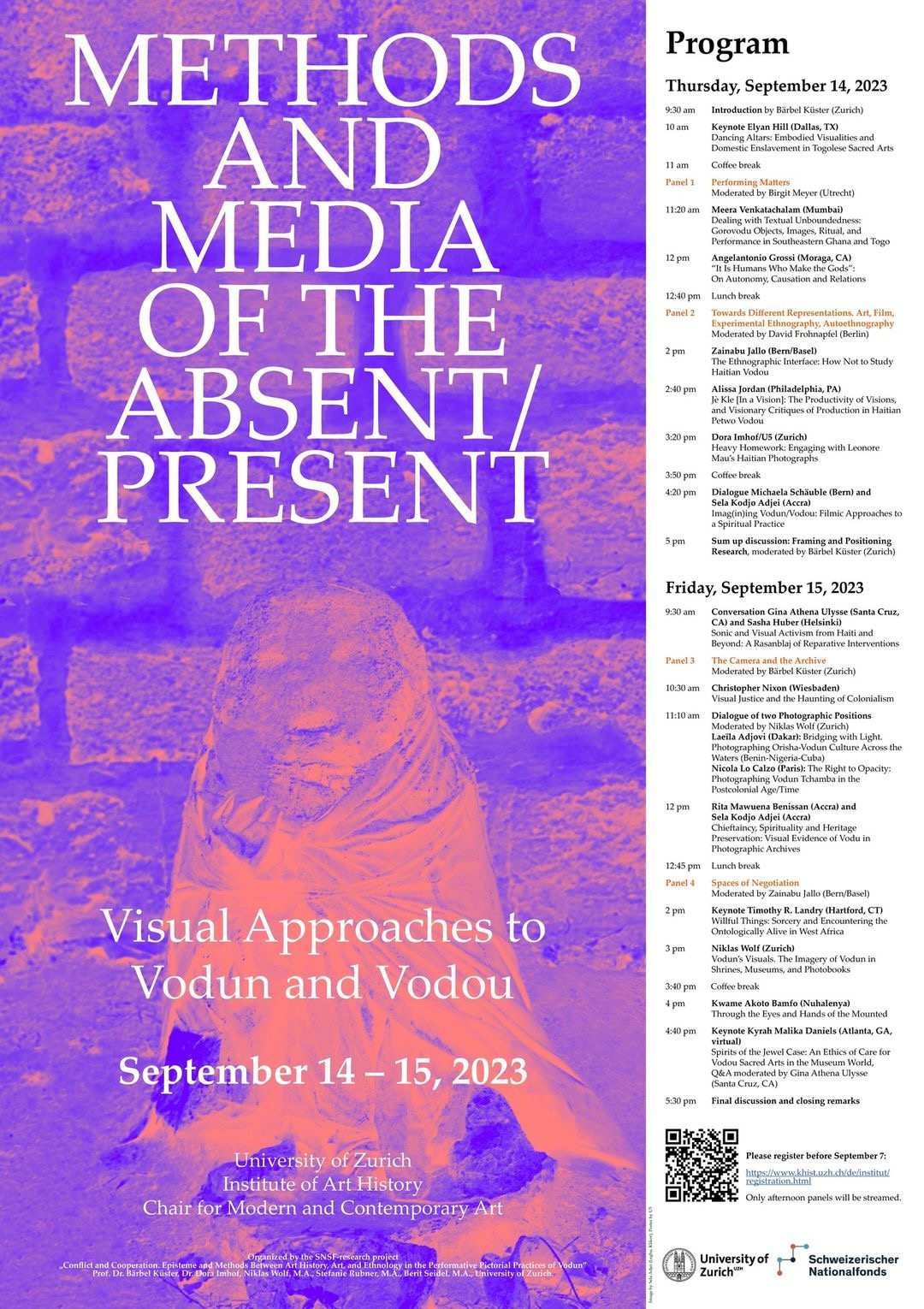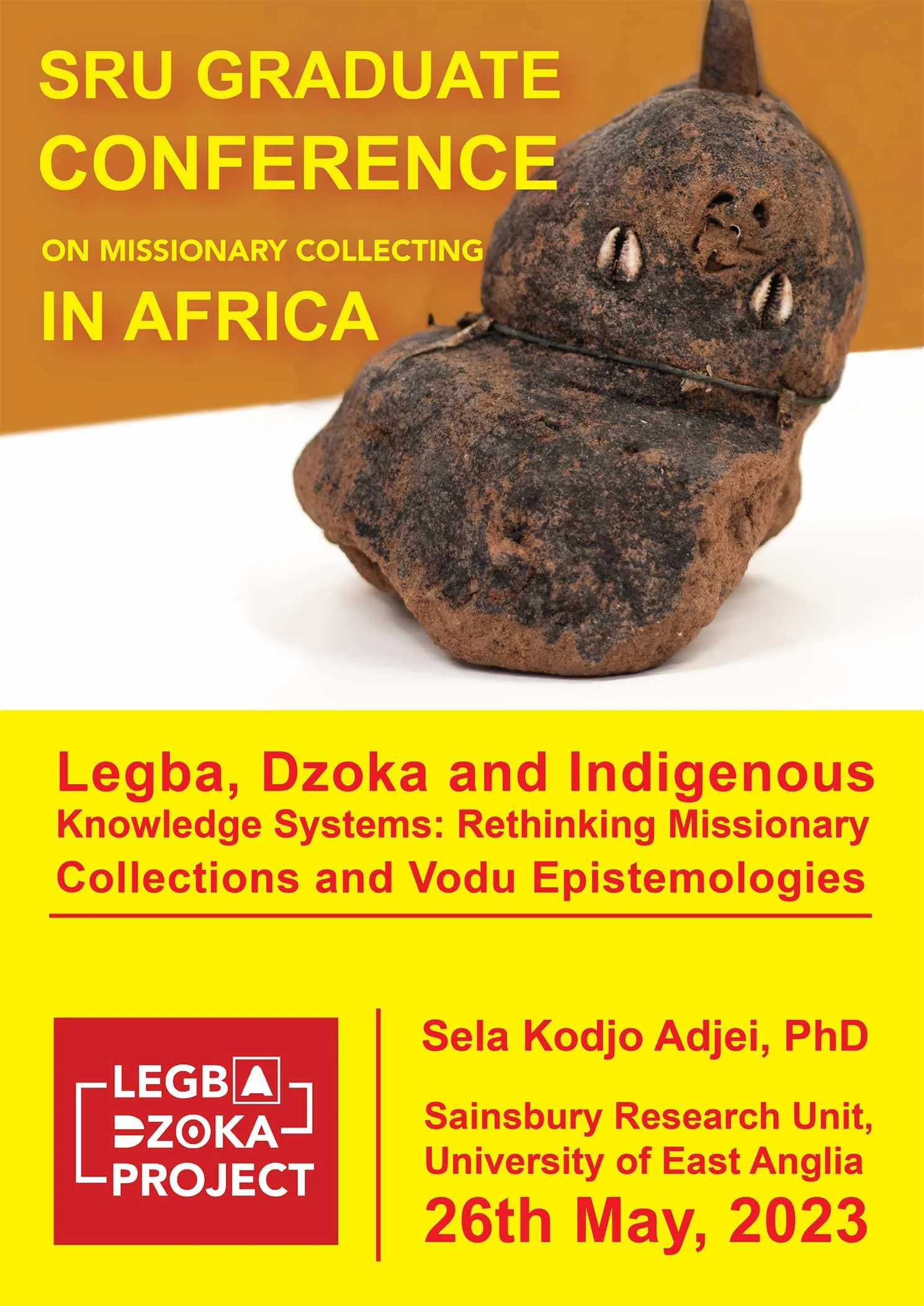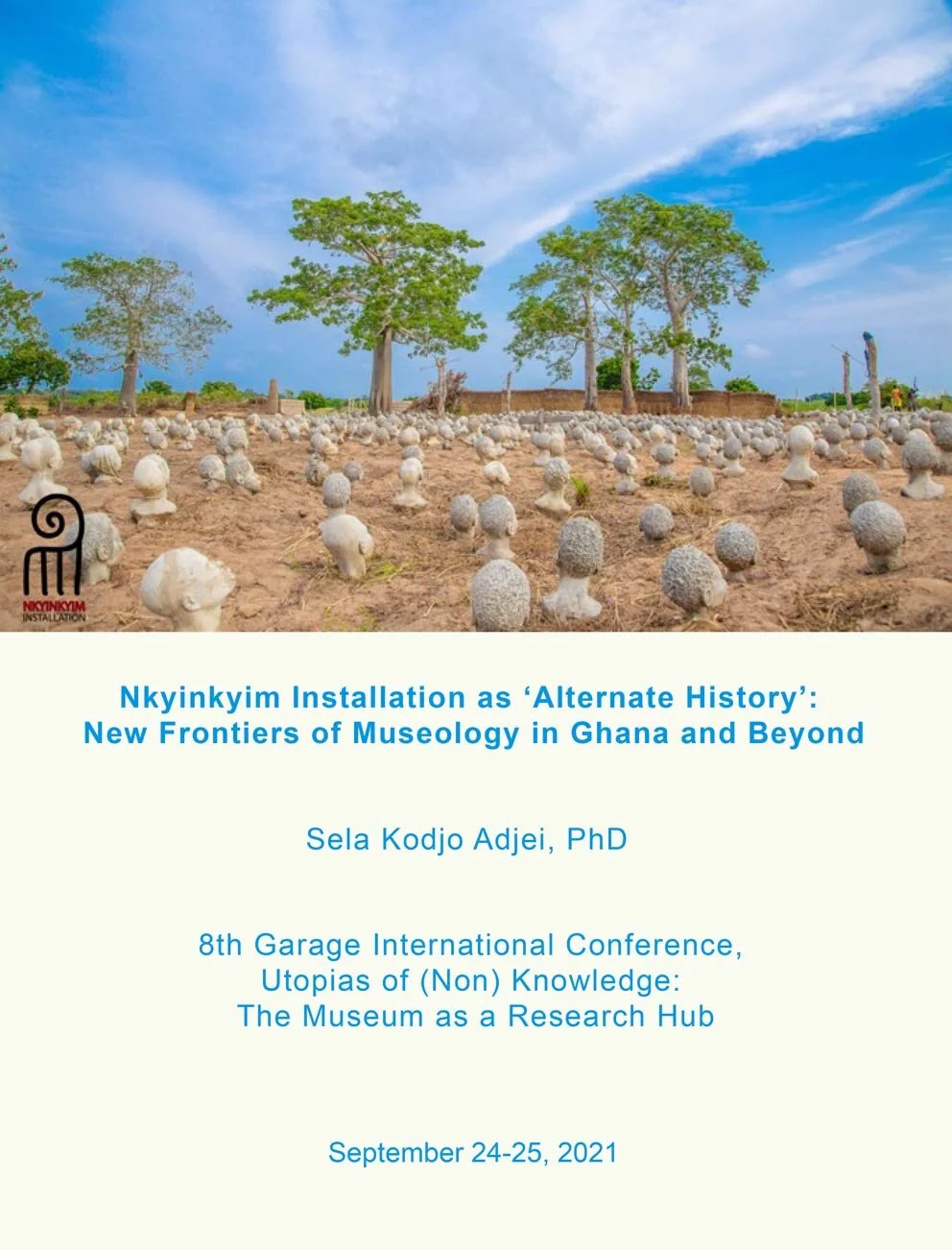
METHODS AND MEDIA OF THE ABSENT/PRESENT
METHODS AND MEDIA OF THE ABSENT/PRESENT.
Visual Approaches to Vodun and Vodou
Vodun is a globalized spiritual practice and knowledge system which originated in West Africa; Haitian Vodou is one of its many diasporic adjustments, formed in the contexts of the Black Atlantic. For different reasons, Vodun’s and Vodou’s practices and imageries have been of interest to ethnographers, artists, and art historians – in the West and in the Global South. Images, through misrepresentation and demonization in research, museum display, photobooks, journalism, literature, and film, have deeply affected how practices of Vodun and Vodou are perceived. New academic and artistic approaches to Vodun and Vodou are challenging historic and contemporary views, methods and media. They also pointedly challenge the researcher’s and artist’s positionality.
The two-day workshop investigates the use of photography, public images, tangible manifestations, and other media in spiritual and artistic practices related to Vodun’s and Vodou’s networks from different perspectives: How could terms and methods of representations be adapted, following Vodun’s and Vodou’s epistemologies or ethics? For example, contemporary photographers connect and visualize the spiritual and material networks between West Africa, Haïti and the diasporas. How can the materials and forms of Vodun/Vodou be understood from interdisciplinary perspectives? How can the many tangible and intangible aspects of practice be represented in digital and material spaces, respecting the right to opacity?
This workshop aims to discuss the role and influence of different places, material forms and displays such as shrines, museums, or digital imagery. We will investigate how different actors are involved in the knowledge production in Vodun’s/Vodou’s discourses. Whose narrative or voice will be heard and how can shifts in meaning be made visible?

Legba, Dzoka and Indigenous Knowledge Systems: Rethinking Missionary Collections and Vodu Epistemologies
SRU Graduate Conference: Missionary Collecting in Africa: a Comparative Analysis of Catholic and Protestant Missions
Norwich, United Kingdom
26 May, 2023
Sela Kodjo Adjei, PhD
University of Media, Arts and Communication, Accra
Abstract
This study investigates both the spiritual and material aspects of collected Ewe cultural assets in European Museums to establish societal reconciliation with the colonial past and its afterlives. In broadening the discussion on how materiality relates to spirituality, I will focus on the Legba-Dzoka project, a collaborative multidisciplinary research that specifically studies a missionary collection in the Ubersee Museum collected by Carl Spiess, a German Missionary stationed between Ghana and Togo during the late 19th century. The discussion will further develop and explore alternative research methods and different possibilities of analysis to generate new knowledge on Ewe material culture. The paper will unpack Bremen missionary collections from South-Eastern Ghana and the interconnected histories specifically associated with the Legbawo and Dzokawo (pl.), to deepen the understanding of their biographies, material components, and the indigenous knowledge systems framed around them in order to re-examine their current state in the Ubersee Museum depot.

NKYINKYIM INSTALLATION AS ‘Alternate HISTORY’: NEW FRONTIERS OF MUSEOLOGY IN GHANA AND BEYOND
8th Garage International Conference, Utopias of (Non) Knowledge: The Museum as a Research Hub
Moscow, Russia
September 24-25, 2021
Sela Kodjo Adjei, PhD
Department of Multimedia Production
National Film and Television Institute, Cantonments
Abstract
This paper’s main focus is on Kwame Akoto-Bamfo’s Nkyinkyim Installation, an evolving Museum that aims to reconstruct African history and preserve its cultural heritage for posterity. Currently focusing on generating social interactions on slavery and community revitalization, the art installation comprises over 3,500 sculptures spread across 3 continents (Africa, Europe and America). Nkyinkyim installation aims to use 11,111 sculptures to fill in the missing gaps in African history. Through his Ancestor Project initiative, Akoto-Bamfo developed an organizational team structure which enabled him to organize a solid team of contributing artists, engineers, researchers, curators, designers and volunteers to help realize his creative vision. With mass education being a core objective of Nkyinkyim Installation, researchers mainly employ historiographical methods and mixed-method approaches to art based research for data collection.

Deception, Manipulation and Emotional intelligence in Anansesem: Unravelling the Amoral Ananse Archetype
ENCOUNTERING EMOTIONS IN FOLK NARRATIVE AND FOLKLIFE
2021 ISFNR Virtual Conference:18th Congress of the International Society for Folk Narrative Research (ISFNR), University of Zagreb, Croatia.
September 2021
Sela Kodjo Adjei, PhD
National Film and Television Institute, Cantonments
Department of Multimedia Production
This paper seeks to analyse the deception and manipulation schemes of amoral Ananse archetypes in Anansesem. Folktales exist in every society and culture to ensure its survival. Most indigenous people gain cognitive abilities, moral, ethical and emotional intelligence through the didactic lessons embedded in oral traditions. Ananse the trickster is a spider, seen by many, either as a cultural hero or villain. In a meta-ethical sense, amoral Ananse archetypes traverse the boundaries of conventional ethics. They rarely conform to cultural norms and moral laws, constantly violating ‘accepted’ social behaviours. Deception is a natural evolutionary trait plants, mammals, insects, crustaceans, reptiles, and arboreal creatures instinctively employ as defence or offence mechanisms to perfect the art of survival. Similarly, in Africa, real-life lessons about human nature are embedded in oral traditions to serve as enlightening pedagogical tools to ensure the survival of societies.

KINESTHETIC AESTHETICS AND HAPTIC FEEDBACK IN VODU PERFORMANCES: AN INTER-SENSORY PERSPECTIVE
Sela Kodjo Adjei, PhD
Department of Multimedia
National Film and Television Institute, Cantonments
Virtual 2021 ACASA Triennial Conference (Forth Coming)
Spiritual performances in Africa are as varied as they are complex - ranging from the functional to the aesthetic, visual to the kinesthetic, physical to the metaphysical, employing sensory and meta-sensory faculties. In Vodu performances (e.g. Koku, Brekete) the mode of spiritual communication is established through sounds and body gestures. Vodu esoteric language and spiritual communication do not only overlap with the arts and the kinesthetic senses but also with the metaphysical realms. These unique sensorial modes of expression provide integrated aural, kinesthetic, and visual experience that stimulates particular modes of response and interaction.
